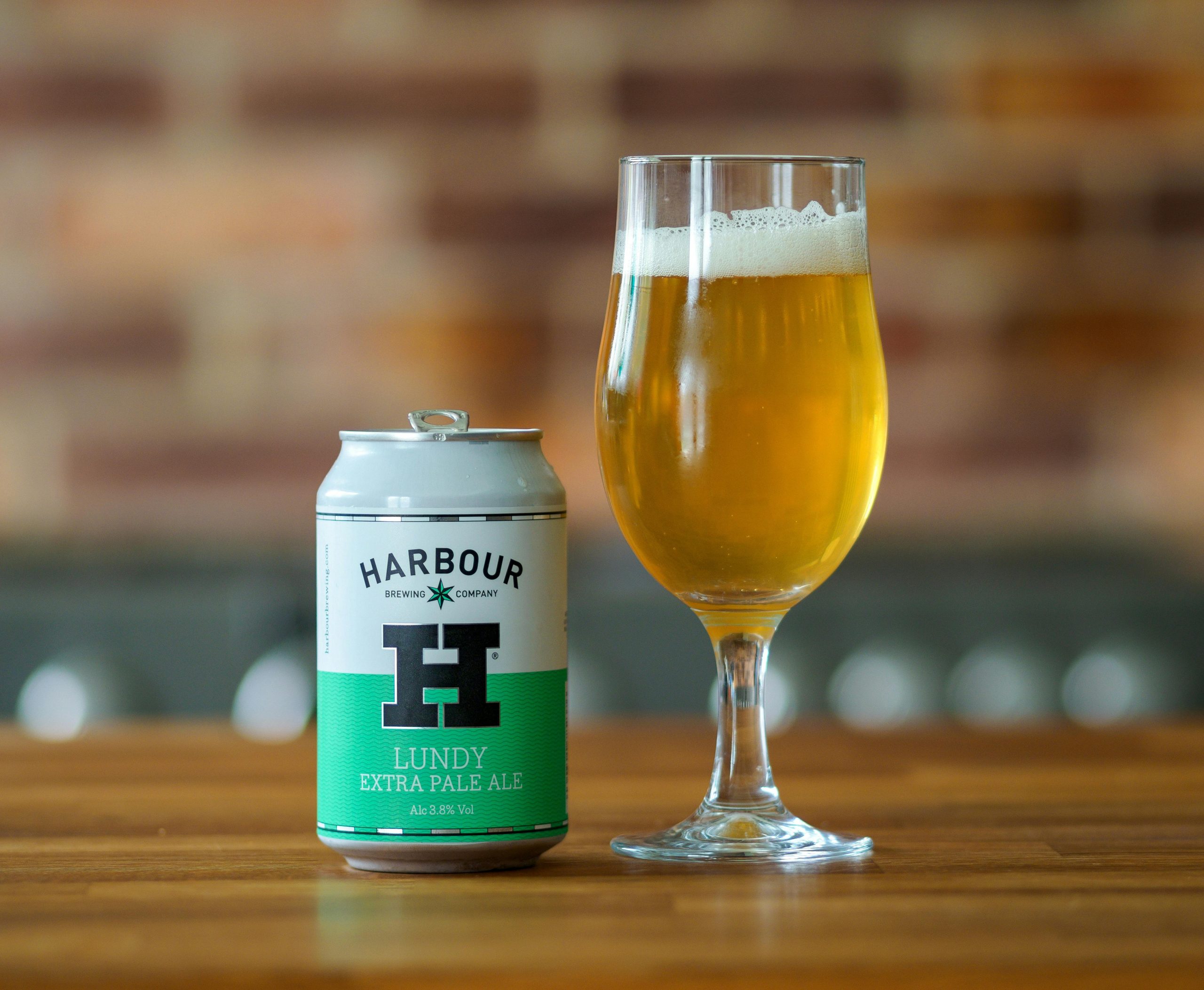Your cart is currently empty!

Steven Coulson
Steven has been drinking beers, wines and spirits for decades and has a propensity to go about them at length after a few drinks.
Latest Posts
- My wife found out our favorite Gin for martinis was discontinued. I think we are good for a while…

- Oregon Road Trip: Freeland Spirits Garden Botanicals Gin

- Botanist with Trader Joe’s Lemon and Elderflower Soda

- I’m one of the worlds leading buyers of craft gin in the world and a international spirit judge AMA

- I’m blown away…. By how let down I am by this Gin.

Categories
Tags
Social Links

The Art of Craft Beer: When Pretentious Language Meets Our Uncertainty
Craft beer enthusiasts often find themselves in delightful yet perplexing situations, especially during tasting events like bottle shares. Recently, I attended one such gathering that sparked a moment of reflection on how we discuss our favorite brews, often veering into the realm of pretentiousness.
Picture this: someone opens a barrel-aged sour, and without missing a beat, I dive into a convoluted analysis. I declared how I “truly appreciated the characteristic brett interacting with the oak tannins to create some beautiful phenolic compounds.” The truth? I had no actual grasp of what phenolic compounds were. I suspect I combined some wine jargon I had heard, mixed with snippets from a brewing podcast, into a garbled expression of admiration.
What made it even more amusing was the chorus of nods and approving murmurs from those around me. Riding the wave of their apparent validation, I continued, embellishing my observations with a comment about the beer “expressing local terroir through indigenous microflora.” It felt oddly profound in the moment, yet I couldn’t suppress the nagging sense that I had wandered into a realm of craft beer jargon that I barely understood.
This isn’t an isolated incident. Just last month, during another tasting, I caught myself enthusing about a beer’s “mouthfeel complexity,” when in reality, I was trying to articulate that it simply tasted thick. It’s as if I was engaging in a game of craft beer mad libs, stringing together phrases that sound impressive but, on deeper reflection, amount to nothing substantial.
It leads me to wonder: are we all just mimicking the language we’ve heard from others, hoping to convey our zeal for beer without being exposed as impostors? If you’ve ever found yourself caught in a similar verbal web, you’re certainly not alone.
In the end, perhaps it’s okay to simply enjoy the beer for what it is, without the need to dress up our descriptions in elaborate terminology. After all, sharing a good beer should be about connection and enjoyment, not just the cleverness of our vocabulary. So let’s raise a glass to simplicity—may we always remember to appreciate the flavors and stories within the bottle, with or without the fancy lingo.
